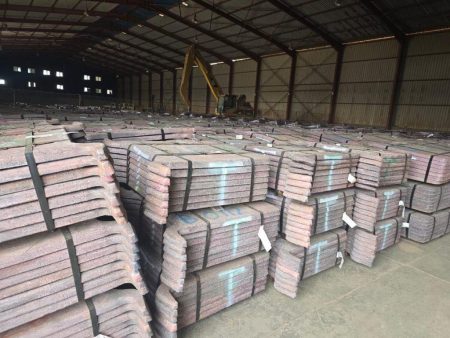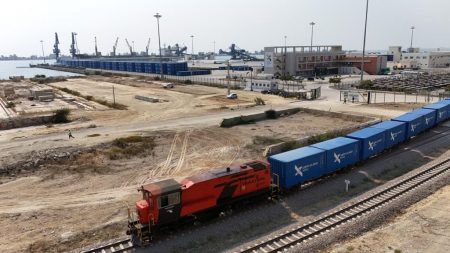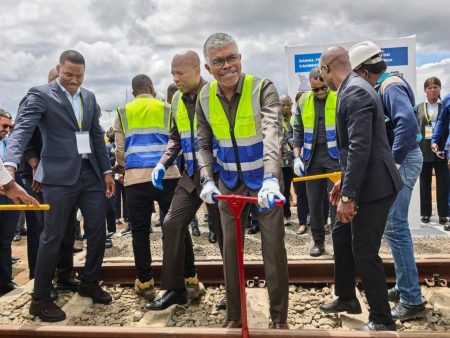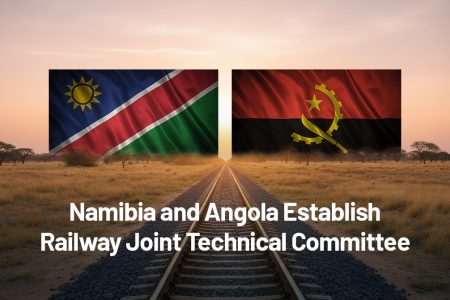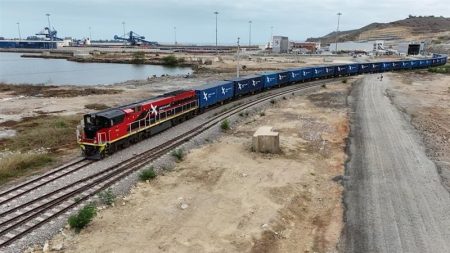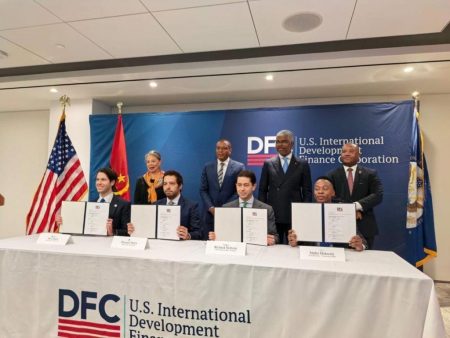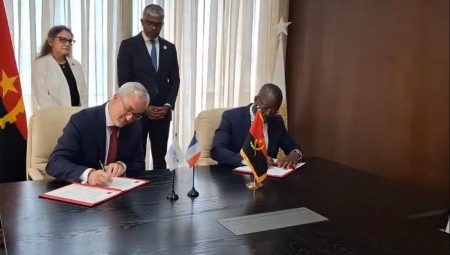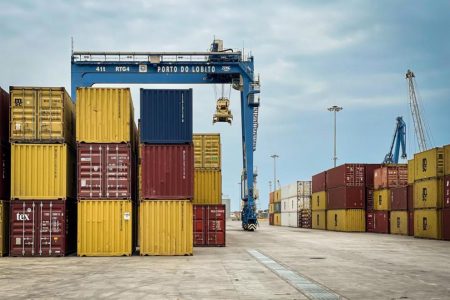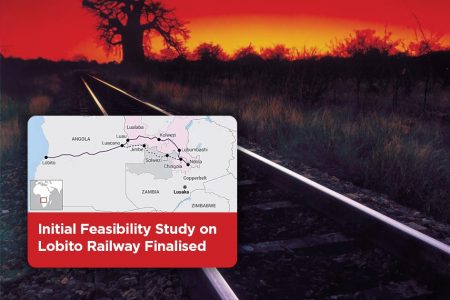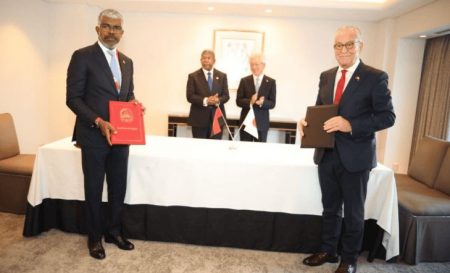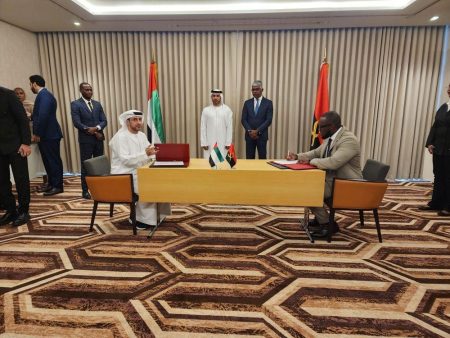This content is for Premium Subscribers only. To view this content, login below or subscribe as a Premium Subscriber.
Related News Articles
Luvo Border Post Reflects Modernisation of Customs Management
27 February 2026
SADC, Angola
2 min
Angola Renews Mandate of ANTT Board of Directors
27 February 2026
SADC, Angola
1 min
EGC and Trafigura Ship Copper and Cobalt to Global Markets via the Lobito Atlantic Railway
13 February 2026
SADC, Angola
1 min
Zambia, DRC and Angola Align to Accelerate Lobito Corridor Implementation
05 February 2026
SADC, Zambia
2 min
Construction of the Luena–Saurimo Railway Branch Line Officially Launched
30 January 2026
SADC, Angola
3 min
Namibia and Angola Establish Railway Joint Technical Committee
23 January 2026
SADC, Namibia
2 min
Lobito Corridor as a PPP Model to Unlock Private Rail Investment
14 January 2026
SADC, Angola
2 min
Lobito Atlantic Railway Secures USD753 Million to Accelerate Development in Angola
18 December 2025
SADC, Zambia
1 min
Angola Launches Tender for Namibe Corridor Railway Concession
05 December 2025
SADC, Angola
1 min
EU Expands Engagement in the Lobito Corridor under Global Gateway Initiative
14 November 2025
SADC, Zambia
2 min
U.S. EXIM Debt Funding to Accelerate U.S. Mine-to-Magnet Supply Chain
03 November 2025
SADC, Angola
3 min
CFB, LAR and Partners Launch Rail Safety Week 2025
10 October 2025
SADC, Angola
1 min
Initial Feasibility Study on Lobito Railway Finalised
29 September 2025
SADC, Zambia
2 min
Integrated Moçâmedes Bay Development Project Set for October 2025 Opening
29 September 2025
SADC, Angola
1 min
